Resources
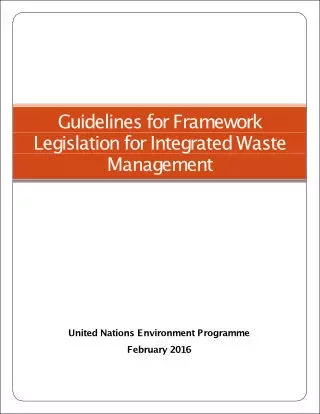
Guidelines for Framework Legislation for Integrated Waste Management
The purpose of these Guidelines is to support countries with clear advice for their efforts to introduce or enhance their waste management legislation. The principles these the Guidelines are based on consider ways that waste can be diverted from release into the environment while providing for economic development that enhances social development to reinforce good environmental management within a supportive governance framework.
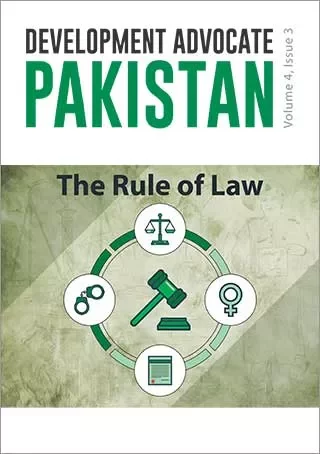
Development Advocate Pakistan: Volume 4, Issue 3
Development Advocate Pakistan provides a platform for the exchange of ideas on key development issues and challenges in Pakistan. Focusing on a specific development theme in each edition, this quarterly publication fosters public discourse and presents varying perspectives from civil society, academia, government and development partners.
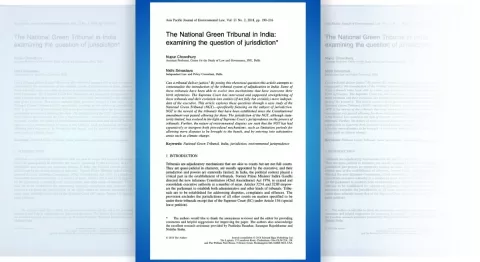
National Green Tribunal in India: Examining the Question of Jurisdiction
Can a tribunal deliver justice? By posing this rhetorical question we attempt to historically contextualize the introduction of the tribunal system of adjudication in India.
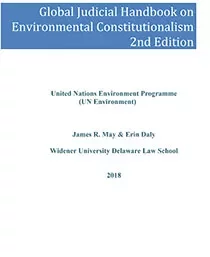
Global Judicial Handbook on Environmental Constitutionalism: 2nd Edition
This Handbook is designed to provide jurists with an overview of environmental constitutionalism.
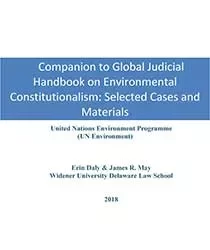
Companion to Global Judicial Handbook on Environmental Constitutionalism: Selected Cases and Materials
This handbook on environmental constitutionalism contains selected case summaries, judicial opinions, reports, maps and constitional samples from Asia Pacific, Americas and the Caribbean, Africa and Europe.
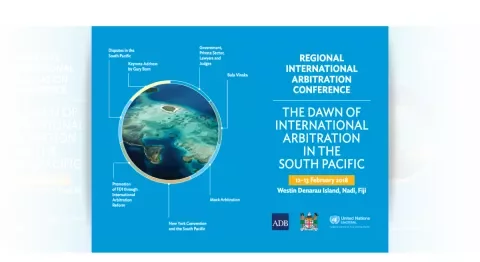
The Dawn of International Arbitration in the South Pacific
The Government of Fiji, in collaboration with Asian Development Bank and United Nations Commission on International Trade Law (UNCITRAL) Regional Centre for Asia and the Pacific, cohosted the first-of-its kind inaugural South Pacific International Arbitration Conference to raise awareness and discuss the positive development impact of international arbitration reform in the South Pacific.
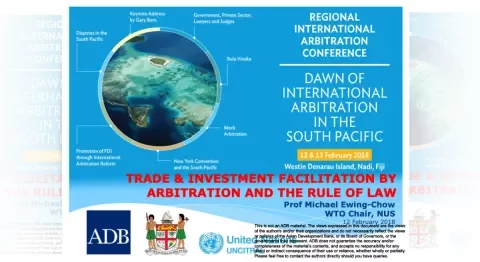
Trade and Investment Facilitation by Arbitration and the Rule of Law
Prof. Michael Ewing-Chow talked about the effects of a change in production and trade pattern from single producer to global value chain.
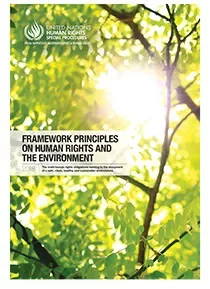
Framework Principles on Human Rights and the Environment: The main human rights obligations relating to the enjoyment of a safe, clean, healthy and sustainable environment
These framework principles set out the basic obligations of States under human rights law as they relate to the enjoyment of a safe, clean, healthy and sustainable environment.
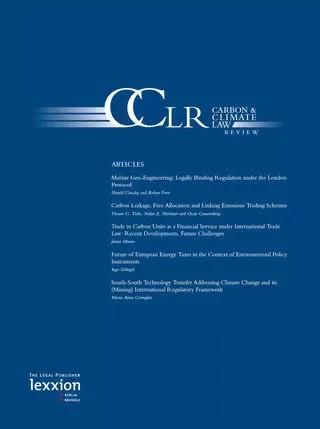
Legal Readiness to Attract Climate Finance: Towards a Low-Carbon Asia and the Pacific
The Parties to the Paris Agreement have made ambitious commitments to combat climate change - both in terms of greenhouse gas emissions and climate resilience targets as well as financial targets. In their Nationally Determined Contributions, most developing countries have made their commitments conditional on receiving international financial support.
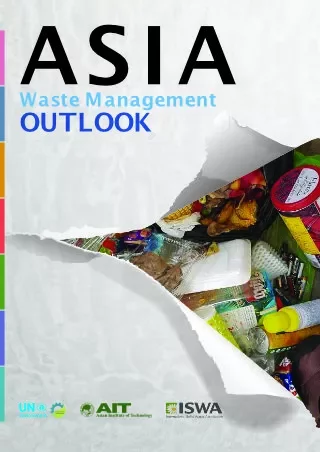
Asia Waste Management Outlook
This publication provides an overview of the current status, the current thinking on “state of the art” topics, and the future of solid waste management in Asia over the medium term.